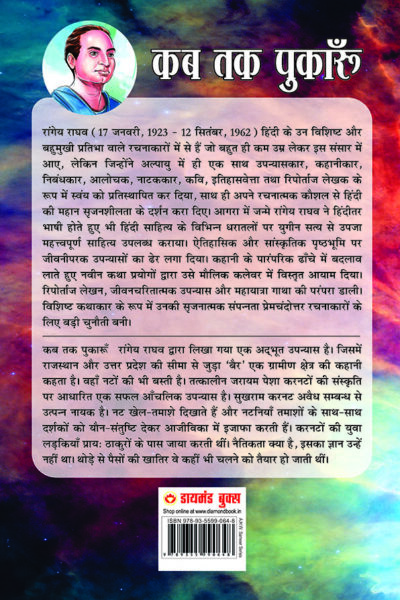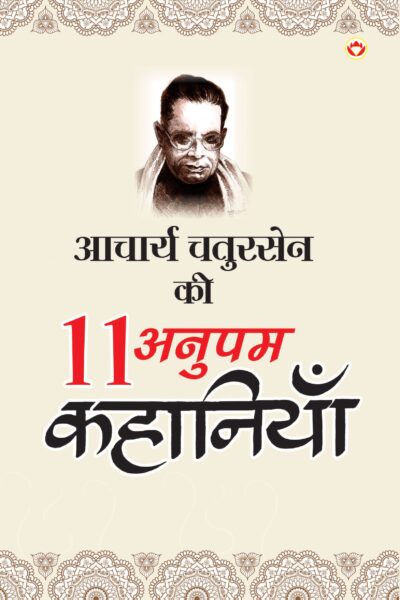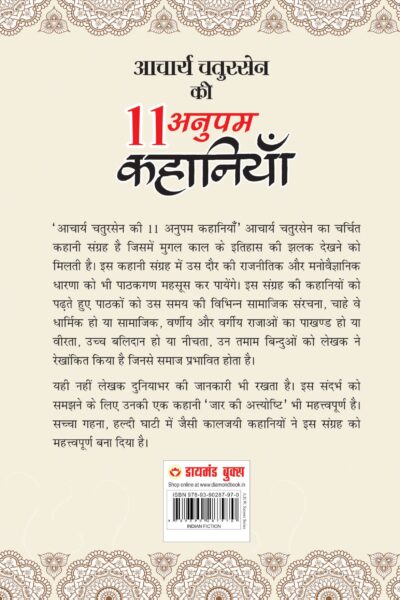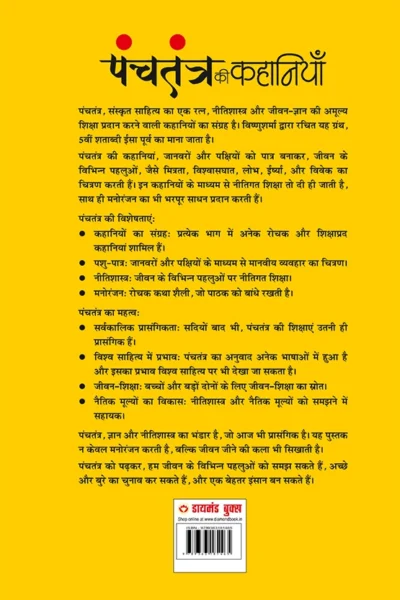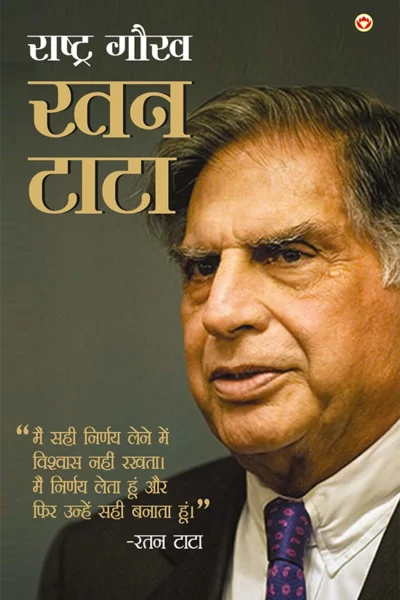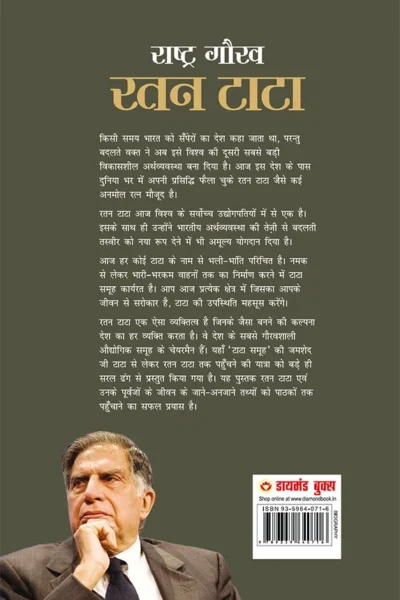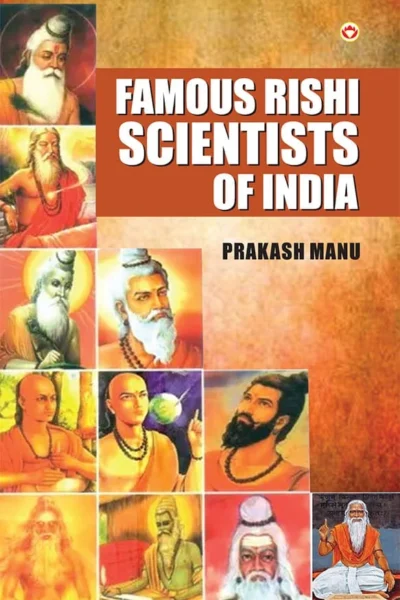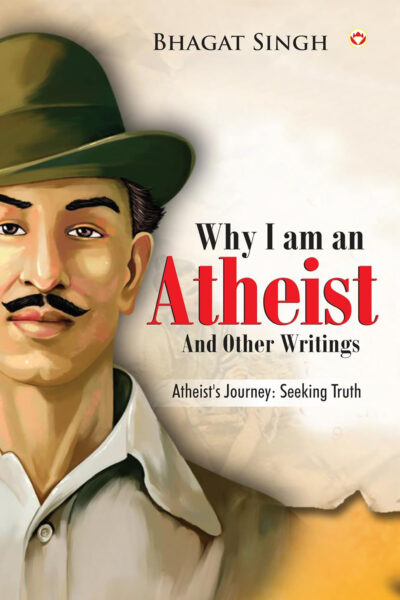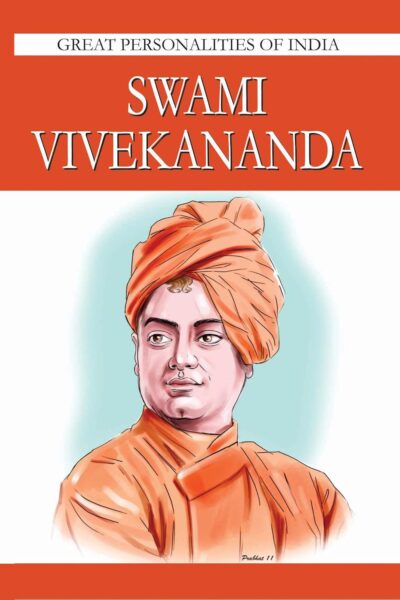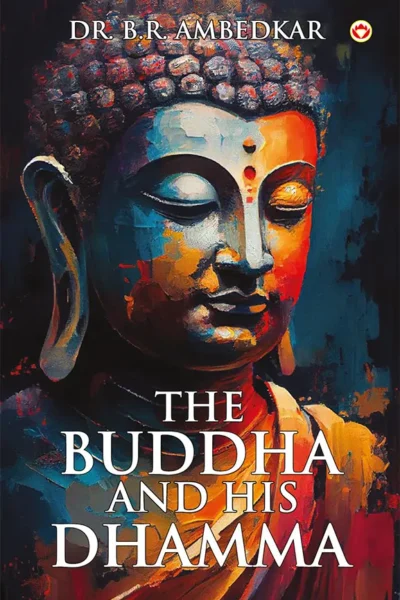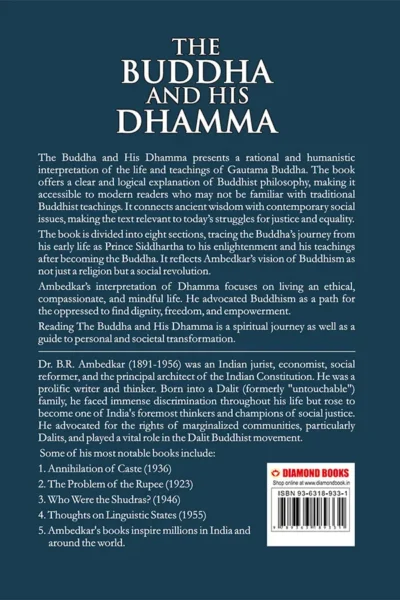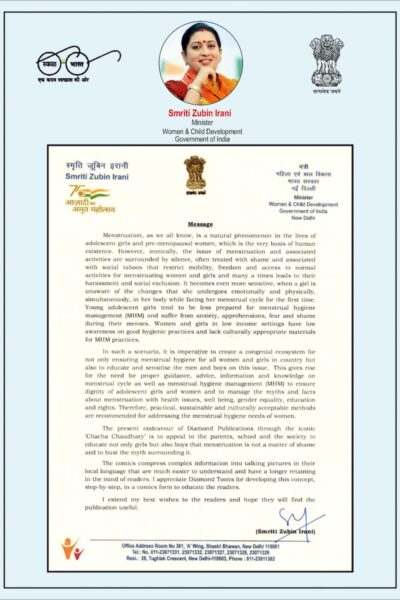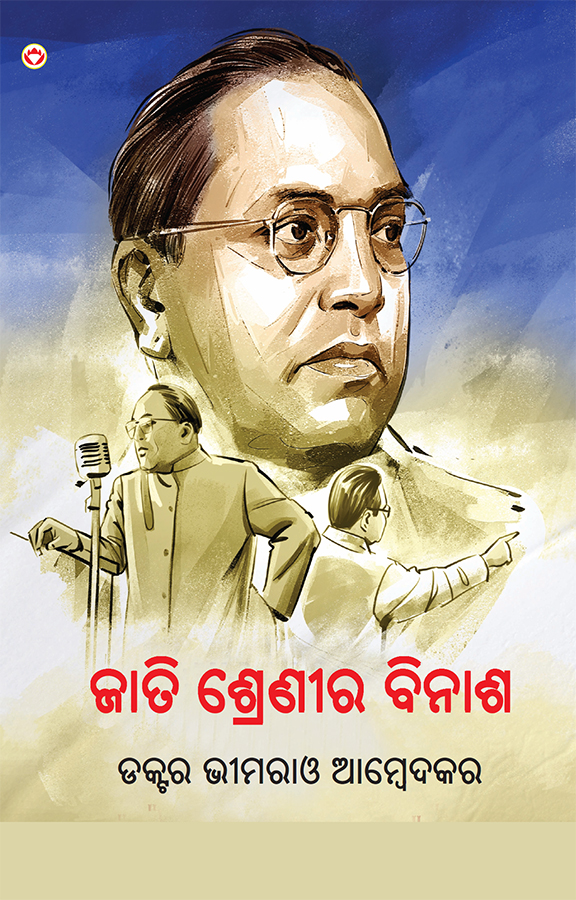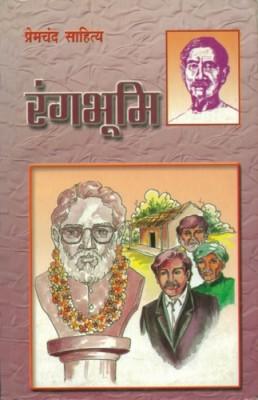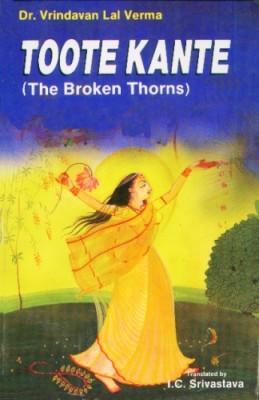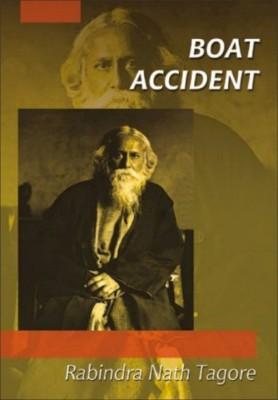- Short Stories
- Traveloc
- Novel
- Indian Classics
- Business Strategy
Shop Our top-rated business strategy books are designed for entrepreneurs and business leaders, offering proven strategies to elevate business success. Learn from industry experts and discover actionable insights to drive growth and profitability. Buy now and master the skills that set top businesses apart.
- Corporate History
Discover a comprehensive collection of corporate history books that detail the rise and success of major companies and their visionary leaders. Explore how these influential figures and their groundbreaking strategies have shaped industries and transformed the global business landscape.
- Economics
Discover the best economic and market books in India at Diamond Book Store. Our collection features essential reads on domestic and global market theories, offering in-depth analyses and key insights into economic trends. Enhance your understanding of financial markets, investment strategies, and economic principles with our expertly curated selection. Visit us to grow your knowledge and stay ahead in the world of finance.
- Romance / Fantasy
Discover captivating romance and fantasy books at Diamond Books. From enchanting love stories to magical adventures, these books offer readers a perfect blend of passion and imagination. Ideal for those who love romantic and fantastical narratives.
- Finance
Buy top finance and money management books at Diamond Book Store. Enhance your money-saving skills with expert strategies and key insights. Explore our curated selection to discover effective saving techniques and financial wisdom. Shop now to gain valuable knowledge, make informed decisions, and secure a prosperous financial future.
- Network Marketing
Network Marketing is a business model that leverages personal networks to promote products and services. It empowers individuals to build their own sales team, earning commissions not only from their own sales but also from the sales made by their team members. This model encourages entrepreneurship, collaboration, and exponential growth
- See More
Books, Bookazine, Fiction, Magazines
₹30.00Original price was: ₹30.00.₹29.00Current price is: ₹29.00. Add to cart
Diamond Books, Books, Fiction, Indian Classics
₹450.00Original price was: ₹450.00.₹449.00Current price is: ₹449.00. Add to cart
Diamond Books, Fiction, Language & Literature, Short Stories
₹175.00Original price was: ₹175.00.₹174.00Current price is: ₹174.00. Add to cart
- ₹975.00 – ₹19,000.00Price range: ₹975.00 through ₹19,000.00 Select options This product has multiple variants. The options may be chosen on the product page
- Autobiography
Explore our extensive collection of autobiographies and Memories, showcasing the personal stories, challenges, and triumphs of influential figures from all walks of life. These powerful narratives provide an intimate glimpse into the lives and legacies of remarkable individuals. Discover their inspiring journeys and find your next great read—visit us now!
- Religious
Our collection of religious books is designed to deepen faith, enhance wisdom, and elevate spirituality. It includes timeless classics and contemporary works, offering insightful guidance and teachings to develop a closer relationship with God and understanding of spiritual journey. Shop now for transformative faith and knowledge.
- Internet
Computing and the internet are rapidly evolving fields that shape our daily lives and future innovations. This guide offers a comprehensive look at the latest trends, technologies, and best practices in the digital realm. Whether you’re interested in cutting-edge computing advancements or the latest developments on the internet, this resource provides valuable insights to help you stay informed and make the most of the digital world
- Family Health
Explore Diamond Books’ family health collection. Featuring comprehensive guides on wellness and practical nutrition tips, these books provide essential advice for keeping your family healthy and thriving.
- History & Politics
Discover the wonders of India, a land of rich history, vibrant culture, and stunning landscapes. Explore famous landmarks, delve into the diverse traditions, and experience the beauty of India’s heritage. Whether you’re seeking historical insights or planning a trip, India offers endless possibilities for discovery and adventure
- Hinduism
Dive into Hinduism with comprehensive resources that cover key beliefs, rituals, and cultural practices. Explore the spiritual and philosophical dimensions of Hinduism, including its rich traditions and sacred texts, to gain a deeper understanding of this ancient religion. Ideal for those seeking to learn about the diverse aspects of Hindu culture and spirituality.
- Scientist & Inventors
Explore the diamond book store for the best Scientist & Inventors Books Collection” includes biographies, autobiographies, and detailed accounts of the lives and works of iconic figures like Albert Einstein, Nikola Tesla, Marie Curie, Thomas Edison, and many more. Each book delves deep into the minds of these geniuses, offering insights into their thought processes, challenges, and the impact of their discoveries on the modern world.
- Occult and Vastu
Unlock the secrets of the occult and Vastu Shastra with our curated books. Explore spiritual wisdom, mystical arts, and harmonious living guides.
- Ayurveda
Discover the essence of Ayurveda with our collection of books at Diamond Books. Featuring ancient practices and modern applications, these books offer comprehensive guidance on achieving balance and wellness through Ayurvedic principles.
- See More
- Autobiography
Fiction Books, Autobiography & Memories, Biography
₹250.00Original price was: ₹250.00.₹249.00Current price is: ₹249.00. Add to cart
- Blog
- Publish With Us
Jaat-Paat Ka Vinash In Oriya (ଜାଟ-ପାଣ୍ଟର ବିନାଶ) : Odia Translation Of Annihilation Of Caste By Dr. Bhimrao Ambedkar |Odia Books-in Hardcover
₹250.00
- About the Book
- Book Details
Dr. Bhimrao Ambedkar wrote the book ‘Destruction of Caste’. In it, he narrates an in-depth analysis of the social, religious, political, and economic aspects of the caste system.
Ambedkar considers the caste system a crime against humanity in the book. He argues that this system is based on inequality, injustice and oppression, leading to social division and conflict. He traces the roots of the caste system to ancient Hindu texts and criticizes the caste classification and discrimination mentioned in texts such as the Vedas, Upanishads and Manusmriti.
For the destruction of the caste system, Ambedkar advocates revolutionary change through education, law and social reforms. He wants to create an egalitarian society for social equality and justice in which all individuals have equal rights and opportunities irrespective of caste or birth.
Some key points of the book:
• Origin and development of the caste system
• Social, religious, political and economic effects of caste system
• Ambedkar’s arguments against the caste system
• Ambedkar’s suggestions for the abolition of the caste system. ‘Destruction of Caste’ narrates about the caste system and its effects on society.
This book is a source of inspiration for those who struggle for social justice and equality.
About the Author
Dr. Bhimrao Ramji Ambedkar , a name synonymous with social justice and equality, was born on April 14, 1891, in Mhow, India. His life was marked by a relentless determination to break the shackles of caste discrimination and uplift the marginalized sections of society. Despite facing numerous challenges, Ambedkar emerged as a formidable leader, scholar, and reformer, leaving an indelible mark on India’s history.Born into a Dalit family, the lowest rung of the Hindu caste system, Ambedkar’s early life was fraught with discrimination. He was denied access to education and faced social ostracism. However, his thirst for knowledge and his father’s unwavering support propelled him to pursue higher education. Against all odds, Ambedkar obtained degrees in law, economics, and political science from prestigious universities in India and abroad.
Ambedkar’s academic brilliance was matched by his unwavering commitment to social justice. He emerged as a vocal critic of the caste system and the discrimination faced by Dalits. He advocated for their rights and fought for their economic and social empowerment. Through his writings, speeches, and political activism, Ambedkar inspired millions of Dalits to challenge their marginalized status and demand equality.One of Ambedkar’s most significant contributions to India was his role in drafting the country’s constitution. As the chairman of the Constituent Assembly, he ensured that the constitution enshrined principles of equality, liberty, and justice for all citizens. He fought tirelessly to secure fundamental rights for Dalits and other marginalized groups, including the right to equality, freedom from discrimination, and access to education and employment.
Ambedkar’s vision for a just and equitable society extended beyond the confines of India. He was a strong proponent of inter-caste marriages and advocated for the abolition of untouchability. He also embraced Buddhism as a means of escaping the oppressive caste system and promoting social quality.Despite his immense contributions, Ambedkar faced opposition from both within and outside the Dalit community. He was criticized for his radical views and his efforts to challenge the status quo. However, his unwavering commitment to social justice and his belief in the power of education and empowerment inspired millions of people, not only in India but around the world.Dr. BR Ambedkar’s legacy continues to inspire and influence generations of people. He is remembered as a visionary leader who fought tirelessly for social justice and equality. His life story is a testament to the power of the human spirit and the importance of standing up for what is right, no matter the odds.
Additional information
| Weight | 0.345 g |
|---|---|
| Dimensions | 21.59 × 13.97 × 1.5 cm |
| Author | Dr. B. R. Ambedkar |
| ISBN-13 | 9789363186712 |
| ISBN-10 | 9363186717 |
| Pages | 120 |
| Format | Hardcover |
| Language | Oriya |
| Publisher | Diamond Books |
| Amazon | |
| Flipkart |
Additional information
| Weight | 0.345 g |
|---|---|
| Dimensions | 21.59 × 13.97 × 1.5 cm |
| Author | Dr. B. R. Ambedkar |
| ISBN-13 | 9789363186712 |
| ISBN-10 | 9363186717 |
| Pages | 120 |
| Format | Hardcover |
| Language | Oriya |
| Publisher | Diamond Books |
| Amazon | |
| Flipkart |
ISBN10-9363186717
Related products
Biography, Diamond Books, Economics, Fiction, Indian Classics
₹250.00Original price was: ₹250.00.₹249.00Current price is: ₹249.00. Add to cart



